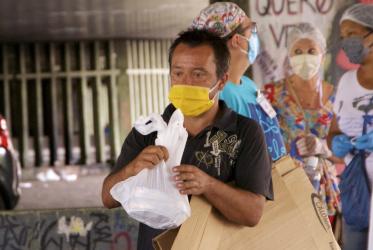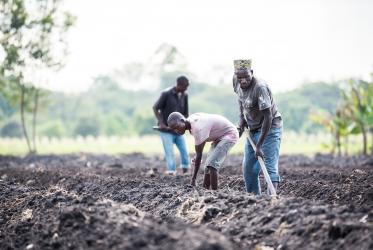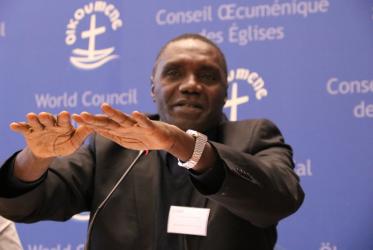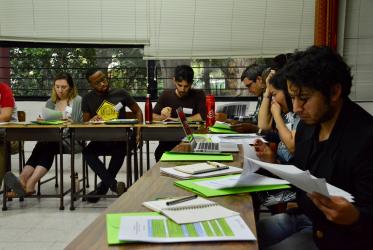Displaying 1 - 20 of 48
WCC condemns massacre of farmers in Philippines
12 April 2019
Agreement works toward food security in South Sudan
23 February 2019
All pilgrim routes lead to COP24
11 December 2018
#WCC70: A prayer about health and healing
20 July 2018
Voices from Colombia: “What if we have no land to till?”
15 February 2018














